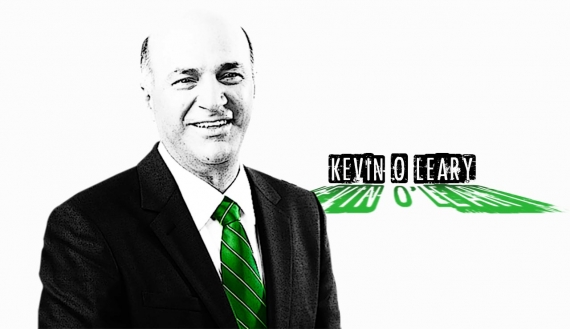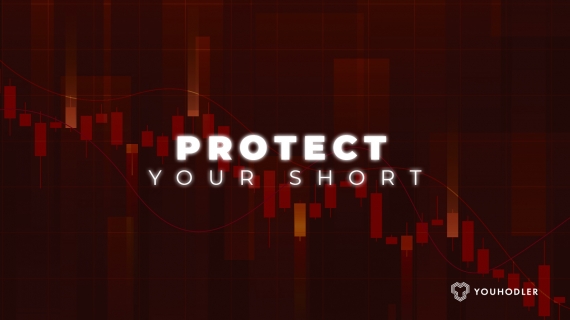
The Psychology of Investing Part I: Emotions
Welcome everyone to part one of an ongoing series on Investory called "The Psychology of Investing. You might not think these two fields have anything in common but that's far from the case. To truly understand the ins and outs of the market, you must understand how the human mind works first. Today, we're going to focus on the specific topic of human emotion. By controlling these, you can become a more experienced investor.
THE PSYCHOLOGY OF INVESTING: THE POWER OF FEAR
If you want proof that emotions have a large part in the investing process, then go back in time to October 19, 1987. The day is known as "Black Monday" was the psychology of investing on full display. Black Monday saw a 20% stock market crash in just one day. As a result, investors erupted into a fit of fear. They were afraid this fear would continue and that their life savings would disappear. Those who were brave enough to withstand, held on to their investments while those who were afraid sold out. The market does not recover easily if investors are constantly "fear selling." Hence, those who listen to their emotions, only make their investments worse.
THE PSYCHOLOGY OF INVESTING: GREED
Fear isn't the only emotion that affects your investments. Greed is also an integral lesson about the psychology of investing. Take the 1990's for example. During the great internet boom, investors were throwing money everywhere will little to no risk of failure. People thought exponential rises during this era were going to be the new normal. However, this greed quickly took over and resulted in a major crash. Too many people put all their holdings in tech and paid the price once the party ended. So now the question is, how does one control their emotions? How do we quiet this natural, human quality in favor of smart investing?
THE PSYCHOLOGY IF INVESTING: HOW TO CONTROL YOUR EMOTIONS
You'll never be able to stop your emotions entirely. However, there are a few steps you can take to better control them. The first step is to build a solid plan. Write your plan down and stick with it. Even if the market starts to turn and your emotions take over, don't change your plan. Furthermore, keep the news off. More than ever, the news today targets the emotion. Aside from that, it doesn't really offer any benefit to you. If you really want to do research, do it yourself. Don't just listen to these talking heads on the TV who get paid to make drama.
Last but certainly not least, it's essential to diversify your portfolio. Ultimately, this helps protect you from emotion-based decisions. Focus only on what you can control. If you can do this, then you reduce stress levels and just let the markets do what they do best.







